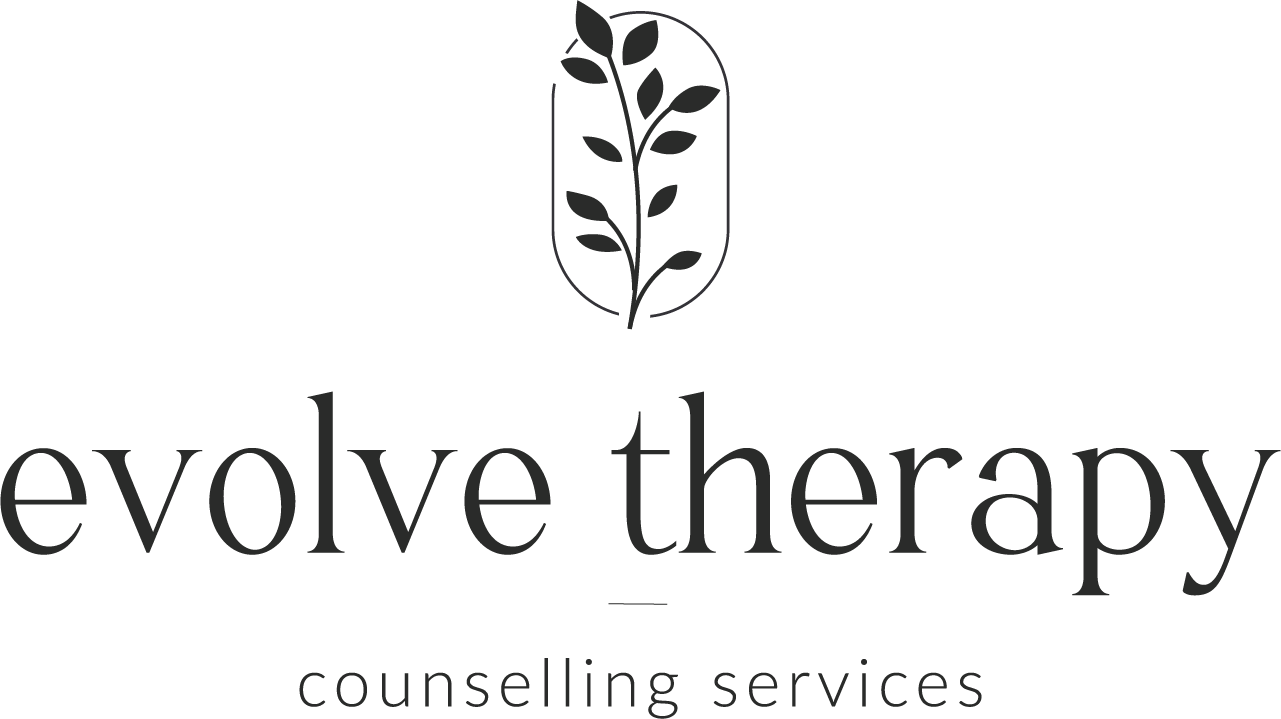
Frequently Asked Questions
COUNSELLING FAQS
What issues can I address in counselling sessions with you?
Together, we can work on a variety of issues, including, but not limited to: anxiety, depression, burnout/stress, coping skills, emotion regulation, early childhood experiences, self-esteem, body image, emotional/binge eating, coping with unhealthy habits or behaviours, transitional life events, relationships/parenting.
How will I know if you are the right fit for me?
Your connection and comfort with your therapist are critical. This is why I offer a complimentary 20-minute telephone consultation to provide you with an opportunity to decide if I am the right fit for you.
Do you provide sessions in-person?
Not at this time. I offer telephone and video-conferencing sessions.
Are your sessions covered by my benefits?
Yes! Registered Psychotherapists are covered by most extended health benefits/insurance plans. Please check with your insurance provider to clarify your coverage. Psychotherapists cannot offer direct billing.
What treatment modalities do you use?
No two people are the same, therefore no two treatments should be the same! I use an integrative approach drawing from evidence-based therapies that suit you and your needs best. I have extensive training in:
Cognitive Behaviour Therapy (CBT) - This therapy centres on identifying and changing unhelpful thinking patterns, emotional responses and the associated behaviours.
Acceptance and Commitment Therapy (ACT) - This therapy helps clients learn to stop avoiding, denying, and struggling with their inner emotions and instead, learn to accept these deeper feelings as appropriate responses to either past or present situations, and commit to making the necessary changes in their behaviour, thinking and coping skills.
Dialectical Behaviour Therapy (DBT) - This therapy teaches people how to live in the moment, develop healthy ways to cope with stress, regulate their emotions, and improve their relationships with others.
Emotion-Focused Therapy (EFT) - This therapy uses methods designed to help people accept, express, regulate, make sense of, and transform emotion.
Mindfulness-Based Stress Reduction (MBSR) - This therapy supports clients to move away from past- or future-focused thinking, and increase present-focused awareness of the thoughts, feelings, and actions that hinder progress.
Motivational Interviewing - This therapy uses a counselling method that helps people resolve ambivalent feelings and insecurities to find the internal motivation they need to change their behaviour.

